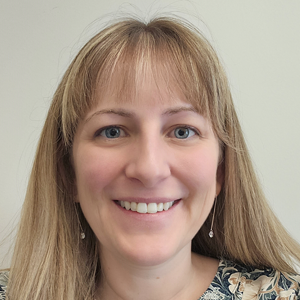Tychele Turner is assistant professor of genetics at the Washington University School of Medicine in St. Louis, Missouri, where her lab focuses on the study of noncoding variation in autism, precision genomics in 9p deletion syndrome, optimization of genomic workflows and the application of long-read sequencing to human genetics.

Tychele Turner
Assistant professor of genetics
Washington University School of Medicine
From this contributor
How long-read sequencing will transform neuroscience
New technology that delivers much more than a simple DNA sequence could have a major impact on brain research, enabling researchers to study transcript diversity, imprinting and more.

How long-read sequencing will transform neuroscience
Focus on function may help unravel autism’s complex genetics
To find the pathogenic mutations in complex disorders such as autism, researchers may need to conduct sophisticated analyses of the genetic functions that are disrupted, says geneticist Aravinda Chakravarti.

Focus on function may help unravel autism’s complex genetics
Explore more from The Transmitter
Neuro’s ark: Spying on the secret sensory world of ticks
Carola Städele, a self-proclaimed “tick magnet,” studies the arachnids’ sensory neurobiology—in other words, how these tiny parasites zero in on their next meal.

Neuro’s ark: Spying on the secret sensory world of ticks
Carola Städele, a self-proclaimed “tick magnet,” studies the arachnids’ sensory neurobiology—in other words, how these tiny parasites zero in on their next meal.
Autism in old age, and more
Here is a roundup of autism-related news and research spotted around the web for the week of 2 March.

Autism in old age, and more
Here is a roundup of autism-related news and research spotted around the web for the week of 2 March.
Lack of reviewers threatens robustness of neuroscience literature
Simple math suggests that small groups of scientists can significantly bias peer review.

Lack of reviewers threatens robustness of neuroscience literature
Simple math suggests that small groups of scientists can significantly bias peer review.